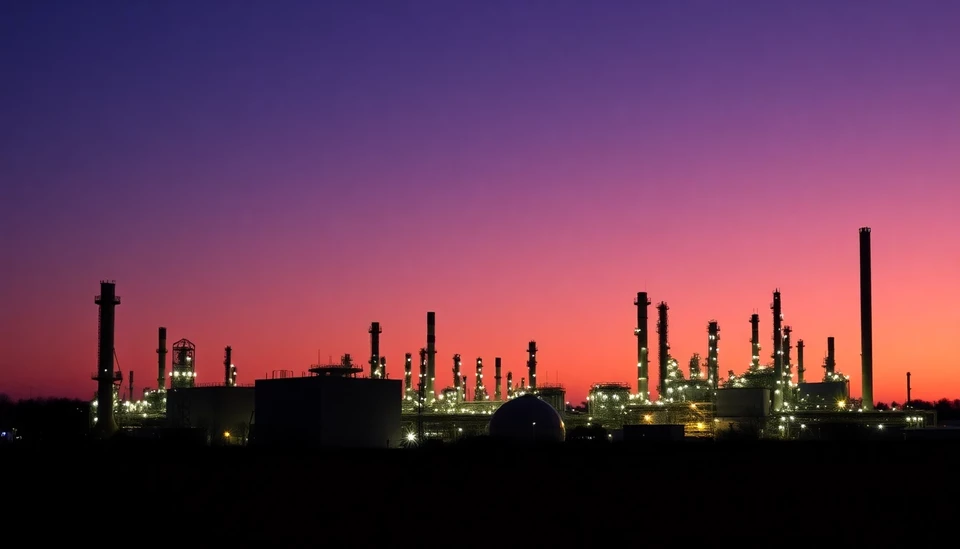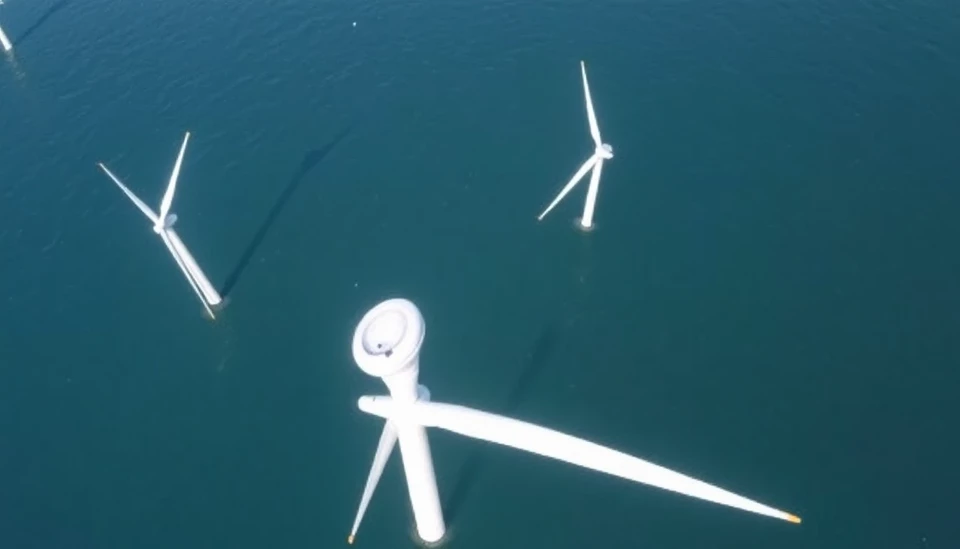
In a significant shift in strategy, BP has announced a pause on its renewable fuels project based in Australia. This decision comes as part of the company's broader efforts to streamline operations and reduce expenditure during a challenging economic period.
The project, initially expected to play a crucial role in BP's transition towards greener energy alternatives, has encountered several hurdles. With rising construction costs and market volatility weighing heavily on the company's finances, BP's leadership deemed it necessary to reassess the viability of this initiative at this time.
While specific details regarding the financial implications of this pause remain undisclosed, the decision reflects a growing trend among energy companies to prioritize short-term fiscal health over long-term sustainability goals. As global energy markets grapple with fluctuations in demand and increased costs, BP's actions highlight the precarious balance between investing in renewable technologies and maintaining profitability.
BP isn't alone in this approach; other major oil corporations are also revisiting their commitments to renewable projects amidst shifting market dynamics. This pause on the Australian project raises important questions about the future of investment in clean energy and how major players will navigate their dual roles as traditional fossil fuel providers and advocates for green technology.
The company had positioned the Australian project as a centerpiece in its plans to reduce carbon emissions and meet international climate goals. However, recognizing the current economic landscape and the pressures it exerts on operational budgets, BP chose to halt progress in order to focus on its core business and essential projects that promise quicker returns.
As BP evaluates its next steps, industry observers and environmental advocates will be watching closely to see how this impacts the company's overall commitment to renewable energy and its roadmap towards a more sustainable future.
In light of these developments, the energy sector's response will also be crucial. Stakeholders, including investors and regulatory bodies, will likely push for clarity and a renewed commitment to balancing profit margins with environmental responsibilities. The broader implications for renewable energy investments will become more apparent as companies determine how to navigate these turbulent financial waters while still striving to contribute positively to the global climate agenda.
This pause may serve as a pivotal moment for BP and the energy industry at large, prompting companies to reevaluate their strategies in pursuit of a sustainable energy future amid economic constraints.
As BP adjusts its focus, the hope remains that the company and others in the industry find innovative ways to invest in renewable technologies without sacrificing fiscal responsibility.
#BP #RenewableEnergy #Australia #CostCutting #EnergyTransition #Sustainability #ClimateChange
Author: Victoria Adams




